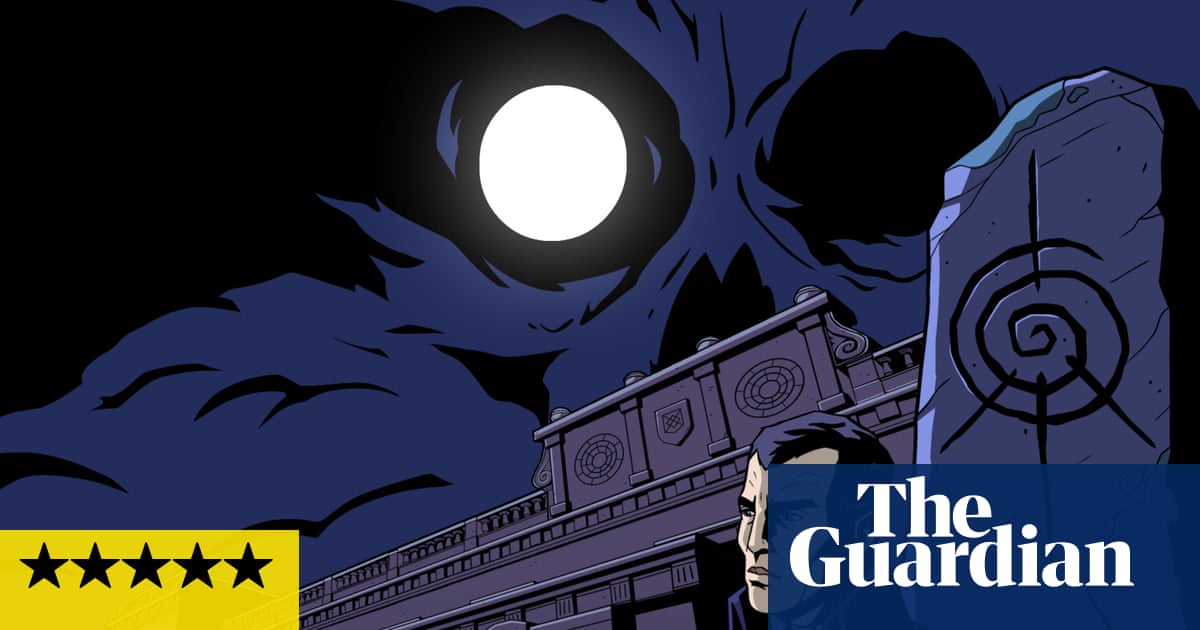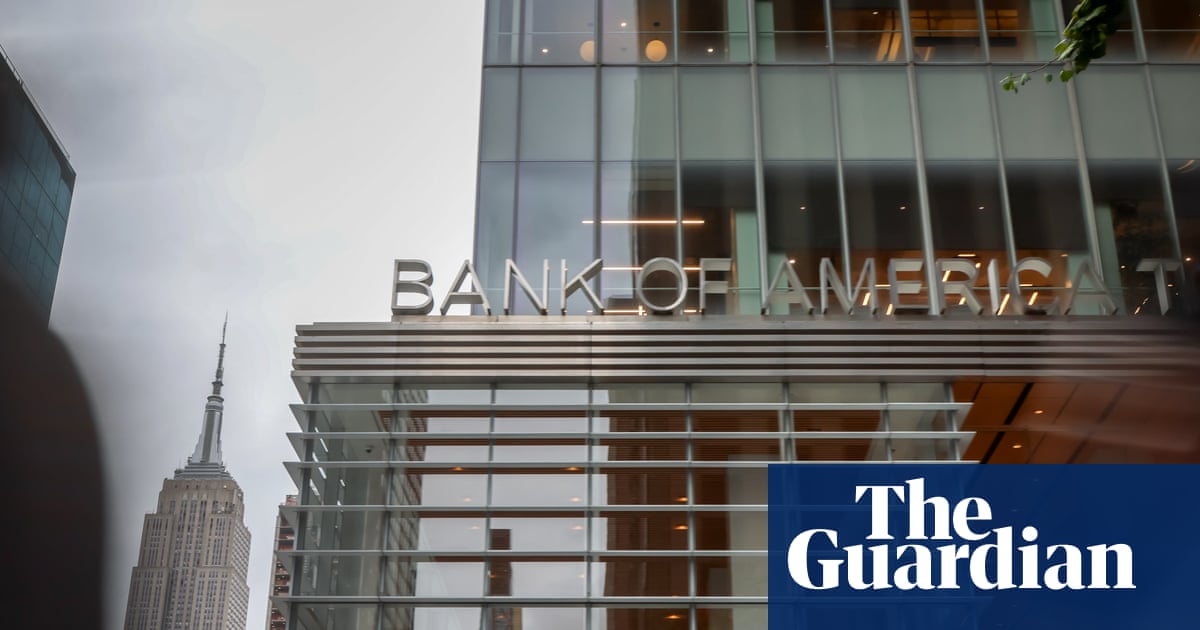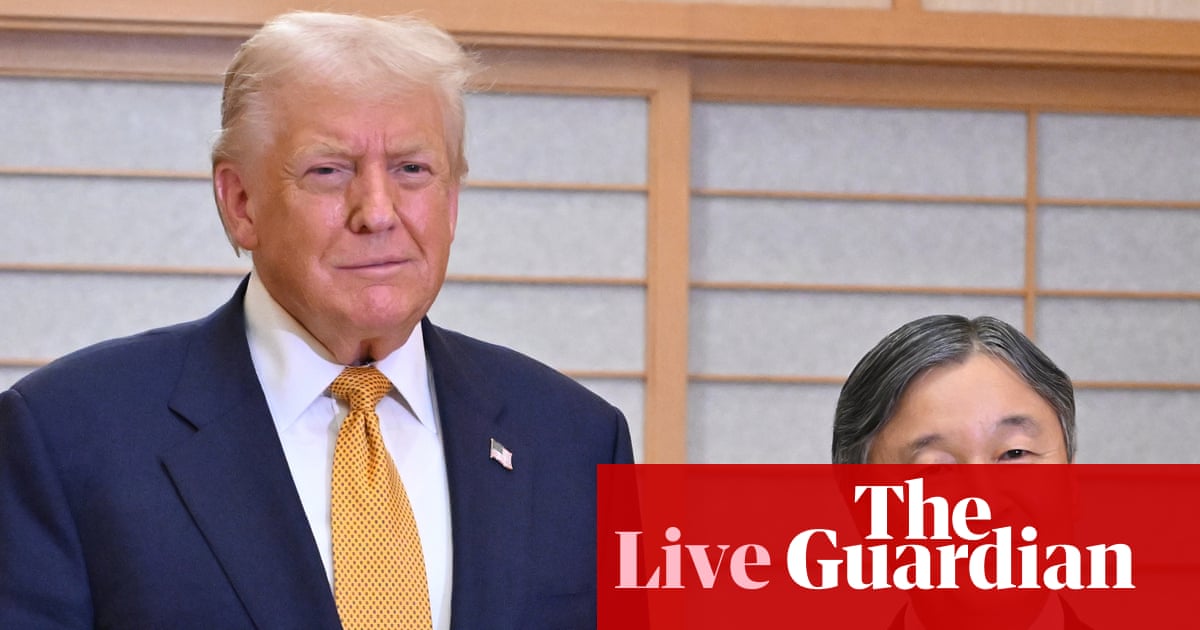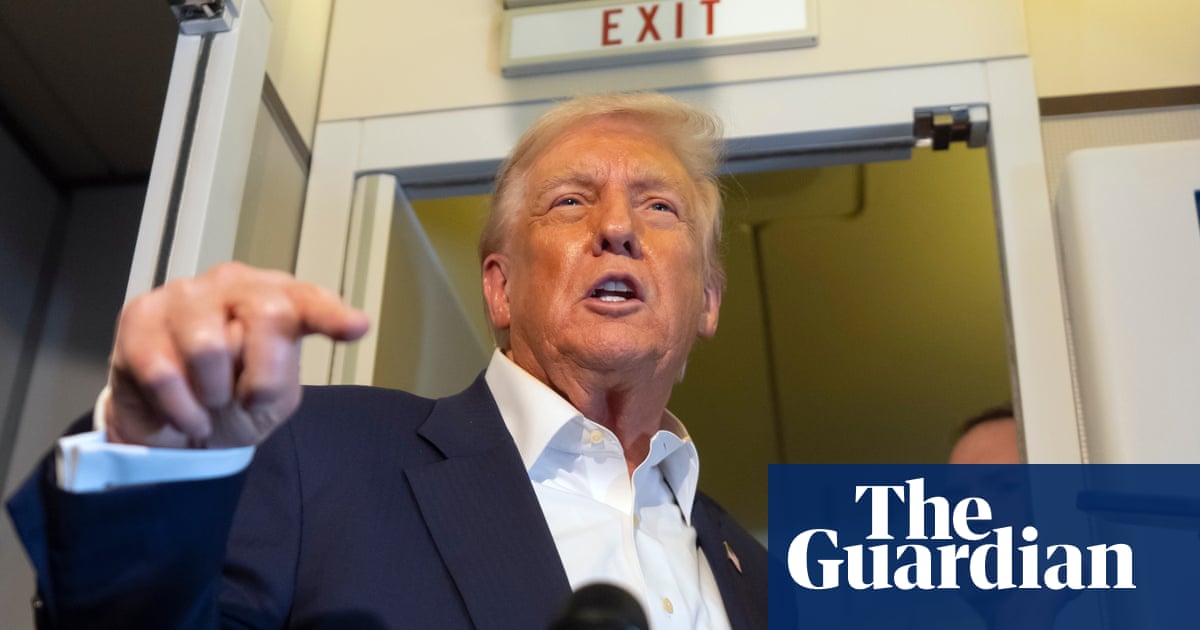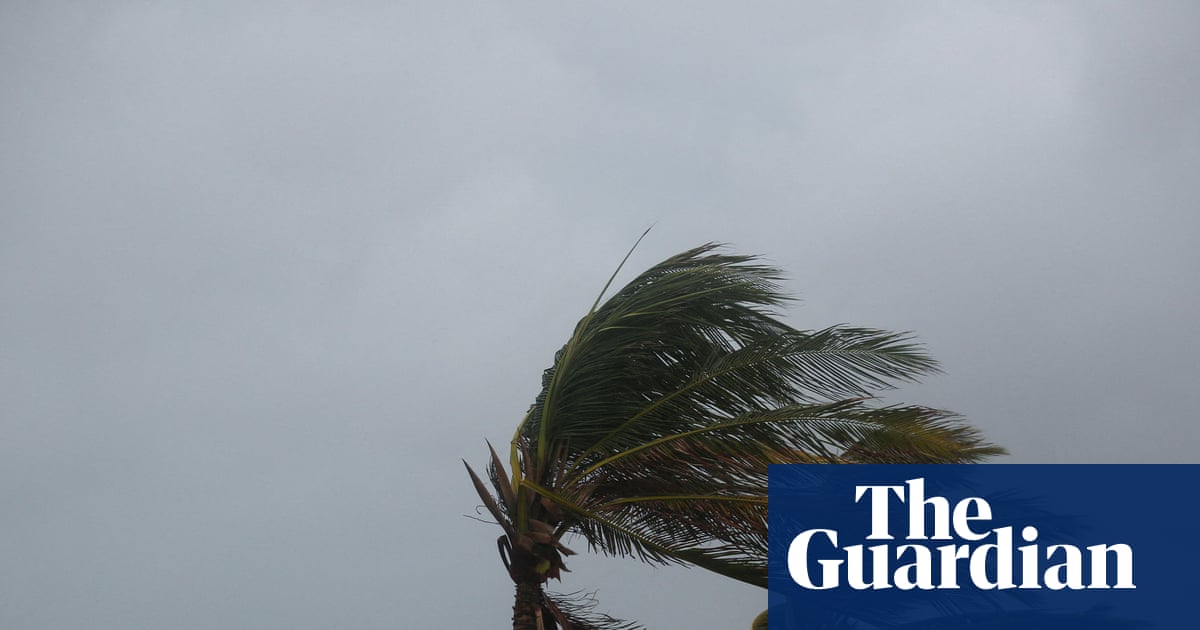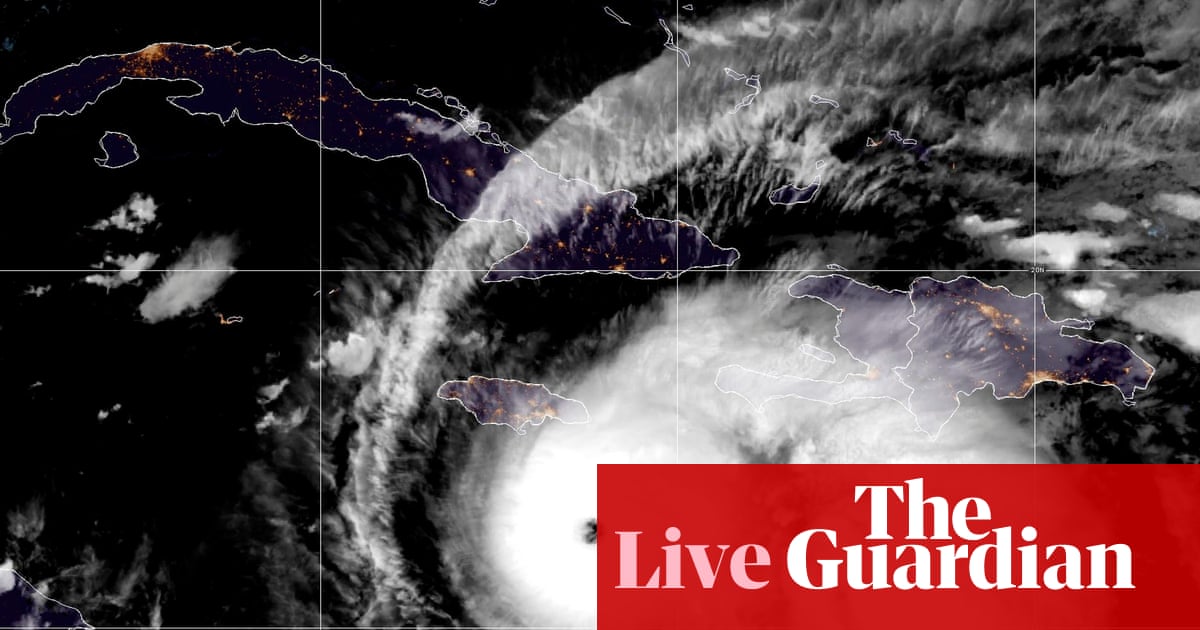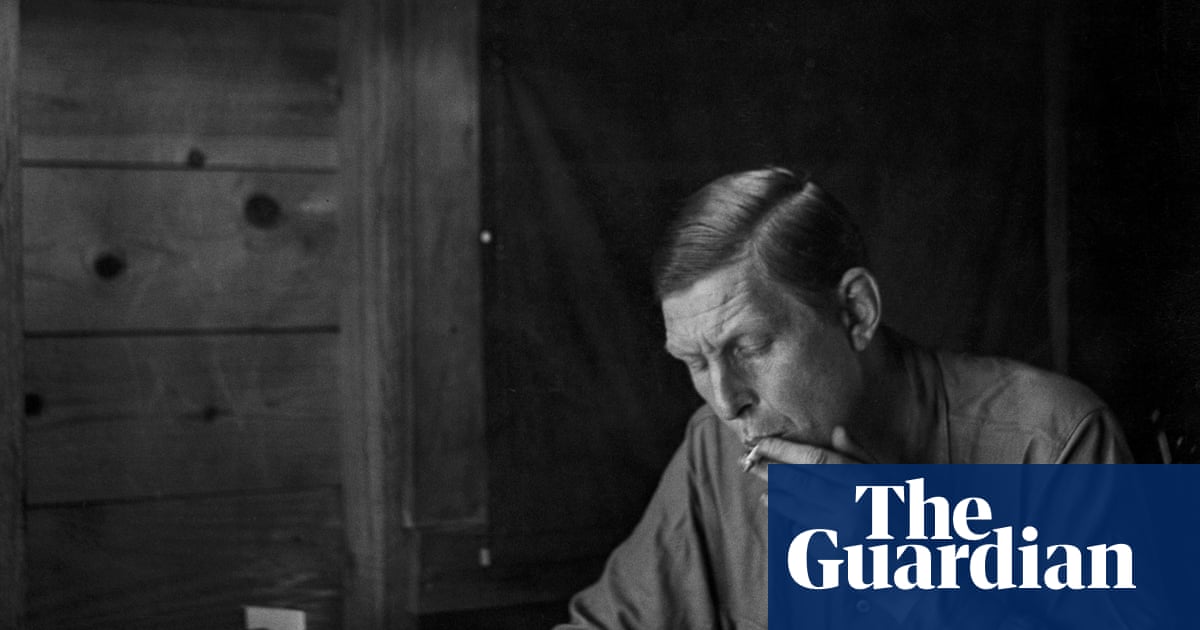The president of El Salvador has denied claims that Kilmar Ábrego García was subjected to beatings and deprivation while he was held in the country before being returned to the US to face human-smuggling charges.
Nayib Bukele said in a social media post that Ábrego García, the Salvadorian national who was wrongly extradited from the US to El Salvador in March before being returned in June, “wasn’t tortured, nor did he lose weight”.
Bukele showed pictures and video of Ábrego García in a detention cell, adding: “If he’d been tortured, sleep-deprived, and starved, why does he look so well in every picture?”
Ábrego García’s lawyers said last week that he had suffered “severe beatings”, sleep deprivation, malnutrition and other forms of torture while he was held in El Salvador’s notorious anti-terrorism prison, Cecot.
Ábrego García said detainees at Cecot “were confined to metal bunks with no mattresses in an overcrowded cell with no windows, bright lights that remained on 24 hours a day and minimal access to sanitation”.
His lawyers say he lost 31 pounds during his first two weeks of confinement.
They said that, at one point, Ábrego García and four other inmates were transferred to a different part of the prison, “where they were photographed with mattresses and better food – photos that appeared to be staged to document improved conditions”.
Bukele made no reference to whether the photos he showed to claim Ábrego García wasn’t mistreated were taken in a nicer part of the prison.
Bukele recently struck a deal under which the US will pay about $6m for El Salvador to imprison members of what the US administration claims are members of MS-13 and Tren de Aragua, two gangs, for a year. According to Maryland senator Chris van Hollen, who traveled to El Salvador to meet with Ábrego García while he was detained there, the Trump administration intends to provide up to $15m to El Salvador for the controversial detention service.
Bukele’s remarks came as the Tennessee judge in Ábrego García’s human-smuggling complaint ordered both sides to stop making public statements, after Ábrego García’s legal team accused the government of attempting to smear him without evidence as a “monster”, “terrorist” and “barbarian”.
Lawyers for Ábrego García argued in a court filing that the government had violated a local rule barring comments that could be prejudicial to a fair trial.
“For months, the government has made extensive and inflammatory extrajudicial comments about Mr Ábrego that are likely to prejudice his right to a fair trial,” Ábrego García’s lawyers said in a filing.
“These comments continued unabated – if anything they ramped up – since his indictment in this district, making clear the government’s intent to engage in a ‘trial by newspaper’.”
The US district judge Waverly Crenshaw issued the gag order in a two-sentence ruling.
Ábrego García’s legal team has accused the government of trying to convict him in the court of public opinion since it acknowledged that it had mistakenly sent him to a prison in El Salvador despite a court order barring the move.
“As Mr Ábrego’s plight captured national attention, officials occupying the highest positions of the United States government baselessly labeled him a ‘gangbanger’, ‘monster’, ‘illegal predator’, ‘illegal alien terrorist’, ‘wife beater’, ‘barbarian’ and ‘human trafficker,’” the filing said.
after newsletter promotion
The attorneys singled out the vice-president, JD Vance, who they said had lied when he called Ábrego García a “convicted MS-13 gang member”.
They also said that Trump administration officials had made 20 more public statements about their client when he was arraigned, including in remarks by the homeland security secretary, Kristi Noem, and the deputy attorney general, Todd Blanche.
They also said the attorney general, Pam Bondi, accused their client of crimes he hadn’t been accused of, including links to a murder case. In sum, the statements had asserted Ábrego García’s guilt “without regard to the judicial process or the presumption of innocence”, the filing said.
According to the documents filed on Wednesday, officials within the prison acknowledged that Ábrego García was not a gang member, and that his tattoos did not indicate a gang affiliation.
“Prison officials explicitly acknowledged that plaintiff Ábrego García’s tattoos were not gang-related, telling him ‘your tattoos are fine’,” according to the filing, and they kept him in a cell separate from those accused of gang membership.
The prison officials, however, threatened to move Ábrego García into a cell with gang members whom officials said “would ‘tear’ him apart”.
Separately, US prosecutors have agreed with a request by Ábrego García’s lawyers to delay his release from Tennessee jail over fears that the Trump administration could move to deport the Salvadorian national a second time.
In a filing on Friday, lawyers for Ábrego García asked the judge overseeing a federal complaint that he was involved in human smuggling to delay his release because of “contradictory statements” by the Trump’s administration over whether he’ll be deported upon release.
The justice department has said it plans to try the Maryland construction worker on the smuggling charges, but also that it plans to deport him but has not said when.

 3 months ago
70
3 months ago
70



